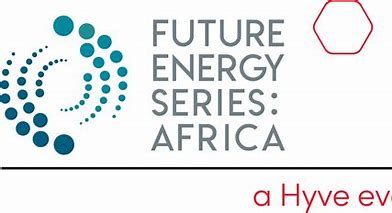
Future Energy Series Africa (FESA) has signed an agreement with the African Forum for Utility Regulators (AFUR) for strategic partnership.
FESA is a project origination platform that targets the continent’s most influential low-carbon energy stakeholders.
As part of the agreement, AFUR will contribute to the development of the inaugural FESA conference programme by ensuring it reflects the objectives and challenges faced by their extensive network of pan-African ministers, utility chief executive officers and regulators.
AFUR, which brings together the most significant energy players, plans to use FESA as a platform to develop robust, dynamic energy policies and advance green economies.
FESA director of strategic partnerships Paul Sinclair, “We are excited to work closely with AFUR. They will undoubtedly prove to be a great asset to FESA. We recognise that over the coming 50 years Africa will face a myriad of fresh challenges related to energy access.”
Mr Sinclair observed that across all regions are young, upwardly mobile population of new middle-income citizens lack a basic supply of easy-to-access, affordable power. Key issues such as large base power deficits and insufficient power generation mean that industry lacks the capacity to grow and prosper, explained FESA director.
“Challenges in inadequate energy infrastructure deter required investment in the power sector and the need for policy reform makes some economies prohibitive for highly regulated and cautious investors. The partnership between AFUR and FESA will provide a platform for B2G dialogue and lobbying that will eradicate prohibitive red tape, unblock bottlenecks to make economies more conducive to investors and accelerate capital flow into the continent,” he added.
Executive Secretary of AFUR Debbie Roets commented, “AFUR is very excited to work closely with FESA on this very important event. It is always important to bring all the policy makers together to discuss the challenges in energy access in Africa, the greatest being delivering sustainable, affordable sources of electricity across the continent. Although governments have made great strides over the past two decades in developing both robust regulatory frameworks and energy access, the progress made has been uneven; just under 600 million Africans still have no access to electricity. This event definitely provides the opportunities for discussions on best practices and information sharing.”
- A Tell report











